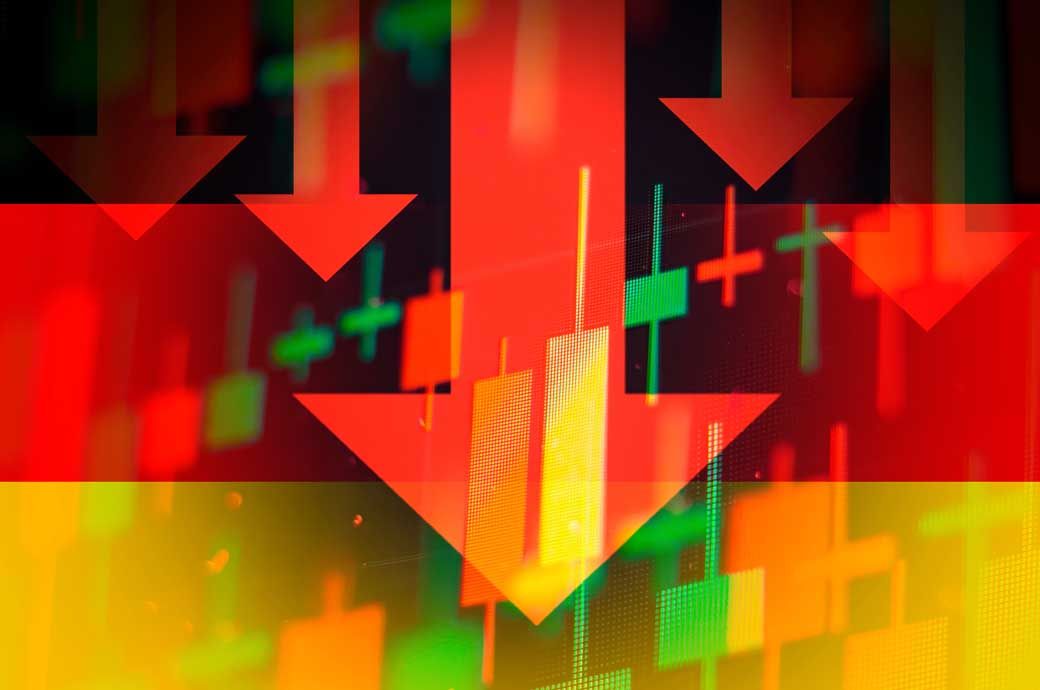
Struggling since Russia's 2022 invasion of Ukraine pushed up energy prices, its industry-heavy economy is now in its fourth consecutive quarter of zero or negative growth, weighing on the entire euro zone, the central bank said in a routine monthly report.
"There is still no recovery for the German economy," it noted.
"Output could decline again slightly in the first quarter of 2024. With the second consecutive decline in economic output, the German economy would be in a technical recession," it said.
The German government, however, argues that high energy costs, weak Chinese demand and rapid inflation have temporarily held back growth, but will not fundamentally question economic strategy.
As financing costs have sharply increased since the European Central Bank pushed up interest rates to a record high to combat inflation, companies are also holding back investment, the Bundesbank said.
High nominal wage growth is also affecting companies and strikes in key sectors like transport could also weigh on growth in the quarter, the central bank noted.
Disruption of shipping in the Red Sea will, however, not have a significant impact because there is plenty of spare capacity in shipping and because freight costs are only a minor part of the overall cost of goods, the Bundesbank noted.
Despite a weak outlook, the bank expects no major deterioration in the labour market, which has insulated the economy so far, and Germany is not facing a broad-based, prolonged recession.
ALCHEMPro News Desk (DS)
Receive daily prices and market insights straight to your inbox. Subscribe to AlchemPro Weekly!